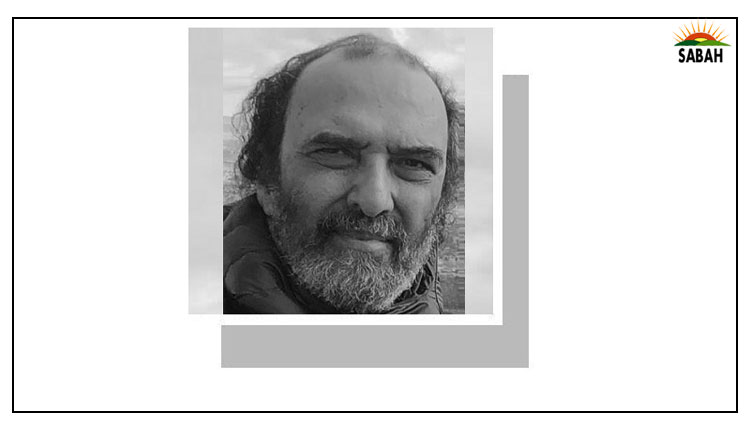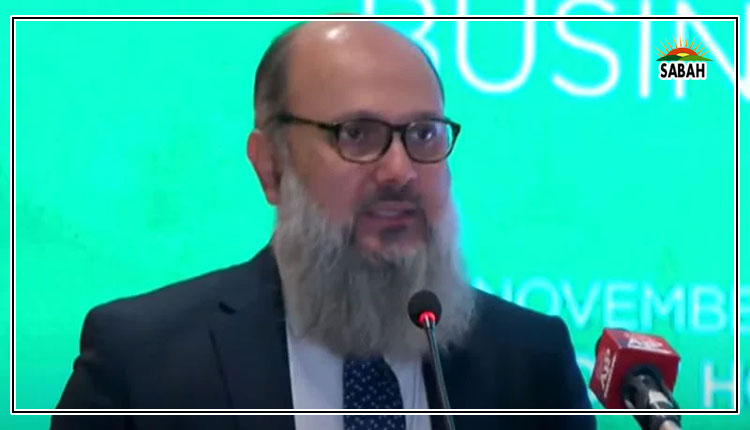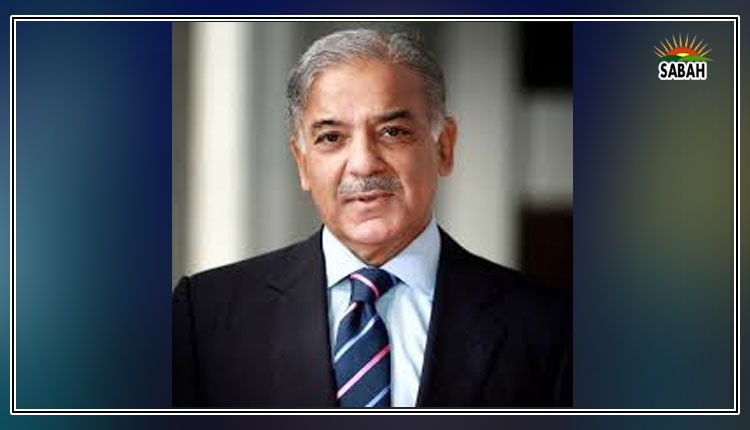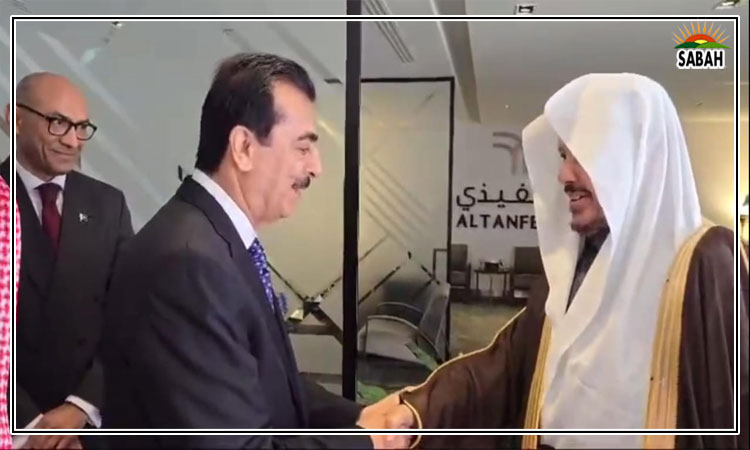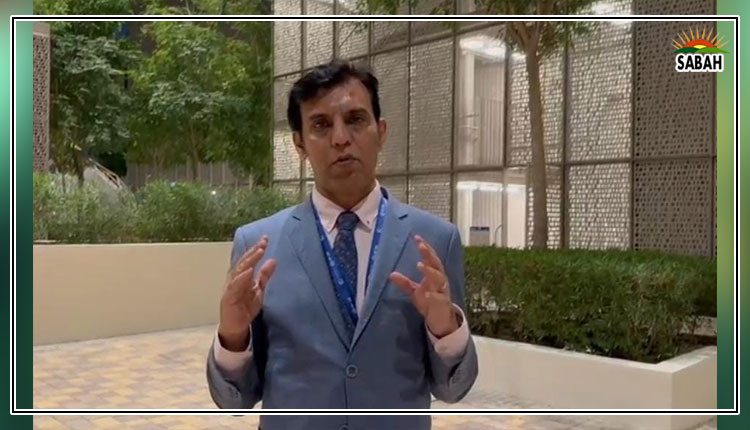Fossil fuels phase out bone of contention at COP-28, climate finance elusive: Dr. Abid Qaiyum Suleri
DUBAI/ISLAMABAD, Dec 07 (SABAH): Dr. Abid Qaiyum Suleri, the Executive Director Sustainable Development Policy Institute (SDPI) has said that despite one week of negotiations at the COP-28 global climate moot, fossil fuels’ phase out was a bone of contention among the petroleum products’ producer and consumer states.
The access to climate finance promised by the developed world also emerged elusive to the developing countries as no formal modalities for its dole out to the most impacted and vulnerable countries due to climate change have been finalized, the SDPI Executive Director said in his online interaction with journalists from the platform of the ongoing 28th Conference of the Parties meeting (COP-28) under the United Nations Framework Convention on Climate Change (UNFCCC).
Dr. Abid Qaiyum Suleri said the first of COP-28 had come to end with its major focus on broader text of the negotiations, whereas in the next week countries would be presenting their further opinions on the pressing issues related to climate resilience and green transformation.
He added that the fossil fuel phase out was debated two years back in COP-26, Glasgow and it is still the apple of discord among the countries at the COP forum. “The discussions are taking place around either it can be phased out completely in an orderly manner or countries should voluntarily make efforts to achieve the goal or it should not be discussed anymore,” he said.
The SDPI, Executive Director informed that the Kingdom of Saudi Arabia has categorically announced to veto any language related to fossil fuel phase out. Moreover, it has been revealed that the carbon capturing and sequestration financing and commercial viability in itself was a great challenge to meet for offsetting carbon emissions, he added.
Providing the crux of the global stock take (GST) report, Carbon Gap and World Meteorological Organization (WMO) reports in the past one year and those launched at COP-28, he said it all indicate that global average temperature was persistently rising and the year 2023 after 2016 will be the hottest year of the century. “The arctic ice poles have melted 75 percent more than the previous year. It is obvious from the fact that efforts must be made to address this crisis but that requires capital and political leadership which is a challenge,” Dr. Suleri said.
Commenting on the GST Report outcomes, he said the UK government have heavily missed its NDC targets and developing countries are also lagging behind their pledges due to lack of funds whereas the developed countries claim that funding is available but the entire life patterns of the developing countries are energy dependent intensively produced by fossil fuels.
In COP-28, he said there are glimpses of positivity as an ambitious declaration on Food Security has been introduced and the sixth largest producer of dairy have announced to voluntarily reduce its methane emissions, adding, “These things are less important as fossil fuels’ future is important and a deadline for its phase out to be agreed by all the countries, that appears to be elusive in the prevailing scenario, is crucial, like to phase out fossil fuels in an orderly manner by 2050 or 2060,” he said.
Quoting the instance of Somalian President’s speech at COP-28 forum, he said access to Climate Financing is also the second important issue that needed attention whereas the Somalian President lamented that after devastating floods his country was not given climate finance and the same sound echoed as it happened to Pakistan in 2022.
“Country after country is becoming vulnerable to climate change, but there has been one week left to make all these efforts. However, the outcome of COP-28 negotiations is important as how the Presidency will manage to get consensus of delegates from 200 countries on a single draft,” he added.


